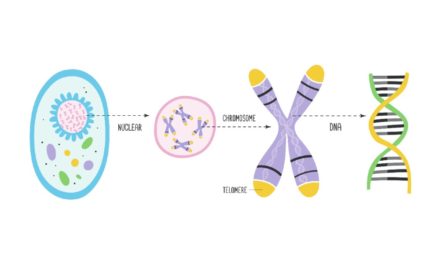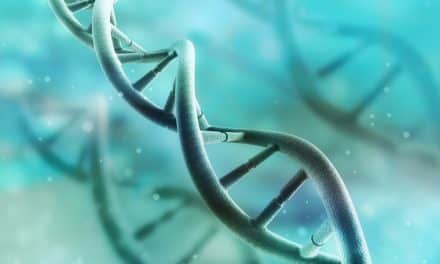If you are trying to get pregnant and you have been diagnosed with a low ovarian reserve, it is likely you sense that something is not going well. But don’t be alarmed. It is an increasingly common problem due to the delay of motherhood. And yes, it affects fertility, because it indicates that the number of oocytes that potentially can mature and be fertilized is below the level that is considered “normal”. But that doesn’t mean you can’t be a mother. In this post, Dr Nikolaos Polyzos, who works in our centre and is one of the best European experts in this topic, responds to 10 frequent doubts.
- What is the cause? The woman’s age is critical, and the relationship is inversely proportional: the older you get, lower ovarian reserve you have. But this problem can also affect young women, as it occurs in cases of premature ovarian failure. Other possible causes are: medical or surgical treatments, chemotherapy, environmental pollution, unhealthy life habits and some diseases, such as endometriosis.
- How is it detected? You can find out easily. All you have to do is a transvaginal ultrasound between the third and fifth day of the menstrual cycle to make a count of the follicles contained in each ovary, and a blood analysis, to know the values of several hormones: follicle stimulating hormone (FSH), which releases the pituitary gland and is responsible for activating the ovaries, the anti-Mullerian hormone (AMH), which releases the own ovarian follicle, and oestradiol. The latter two are related to the development process of the oocytes. A high value for the first (FSH) indicates a low ovarian reserve, because their level increases when it detects that there are few oocytes. And, conversely, a high value of the AMH and oestradiol, in general, indicates a good ovarian reserve, because it is a sign that there are many oocytes in the process of maturation.
- What is considered a low ovarian reserve? In general, a count equal to or less than 4 oocytes per ovary, or 7 in total (the sum of both ovaries) and low levels of the hormone AMH are indicators of low ovarian reserve.
- How does it affect fertility? The chances of getting pregnant using one’s oocytes are reduced, but what really influences is age. If you have a low ovarian reserve, but you are less than 35, your chances are greater than if you are more than 40. For this reason, although you still don’t think about being mother, and you are only 30 or less, ask your gynaecologist to make you an evaluation, in order to be able to better plan for motherhood.
- If I’m young but I still don’t want to be a mother, should I preserve? It is something that you should evaluate with your gynaecologist. But it is an option which, in any case, must not be dismissed in advance, since being young is an advantage, because your oocytes are of higher quality.
- Is it normal to have a low ovarian reserve at 40? It is normal that the ovarian reserve decreases, but not all 40-year-old women have a “low ovarian reserve”. Therefore each case must be studied individually.
- If I want to be mother and I have this problem, do I have to choose necessarily assisted reproduction? It depends on how old you are and what caused it. If the reason is a premature ovarian failure or a chemotherapy treatment Yes, because it is the only option in these cases and it is likely that, if you have not preserved, you need to resort to the egg donation. If the problem is due to your age, ask your gynaecologist who will tell you about the options you have and thus decide together which may be the best for you.
- Having a low ovarian reserve can also decrease the pregnancy rate in IVF? Not necessarily. In general, it is used to obtain a smaller number of oocytes and of viable embryos, but there are women with low ovarian reserve that respond well to treatments of hormonal stimulation and offer good quality oocytes. The added problem, as always, is the age, because if the mother is at an advanced age, her oocytes are of poor quality and there is also an increased risk of chromosomal alterations and implantation failure.
- Is it advisable to perform several cycles of ovarian stimulation in these cases? There is currently no treatment to improve the ovarian reserve. They are being studied, but at the moment they are still experimental. Hormonal Stimulation treatments aim to increase the number of oocytes that we can get, but not all women respond in the same way. That is why we must assess each case.
- When is advised to opt for egg donation? When the ovaries do not produce viable oocytes, or the obtained oocytes do not meet the quality to be fertilized and carry a pregnancy. The advantage of the egg donation is that it increases significantly the chances of achieving a pregnancy against the use of one’s own oocytes, although the mother is already 40: currently the pregnancy rate with egg donation revolves around the 60% compared to 30% offered by an IVF using one’s own oocytes.














